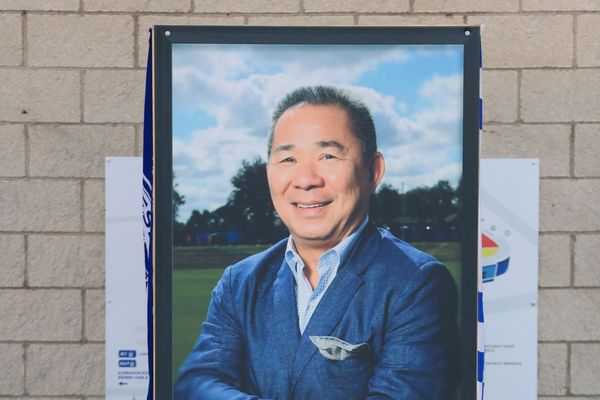A federal court ruling that an all-male draft is unconstitutional has veterans on Long Island reassessing the role of women in the military.
In his decision last month, U.S. District Court Judge Gray H. Miller cited the Pentagon's current policy of allowing women to serve in combat. If women can stand on the front lines, he wrote, they also can be drafted.
Miller, however, issued his ruling without halting the draft, formally called the Selective Service System.
"I'm an equal opportunist," said Kareem Buckley, of Hempstead, an Army veteran who has two school-aged daughters. "At the same time, I don't want my daughters in harm's way. You don't put women in front of you."
Catina Johnson, of East Meadow, N.Y., sees things differently. The wife of a Marine and the mother of three daughters, Johnson agrees with the judge's reasoning.
"We're U.S. citizens, too," she said. "I think it would stop a lot of the debate over whether women are equal."
Huntington native Alison Bardeguez has served 13 years in the Marines, first as an active-duty member and now as a reservist.
Women in uniform, she said, already are at as much risk as their male counterparts. She knows of several women who have been injured in combat, including one who was hurt in a mortar attack, another who lost a foot and another who still suffers from a traumatic brain injury caused by an improvised explosive device.
"So to me, it's a misconception many people have that women don't already serve just like men," said Bardeguez, who belongs to a women veterans group based in Long Beach. "And equality is equality."
The draft, first instituted during the Civil War, ended in 1973 as the Vietnam War wound down. In 1980, Congress passed a new law that still today requires all men ages 18 to 26 to register with the Selective Service System. Those who don't comply risk 5 years in prison and a $10,000 fine.
The lawsuit that resulted in Miller's ruling came in 2013 from the National Coalition of Men, which argued that the draft's men-only requirement violates the Fifth Amendment's due process clause.
The government countered that Congress should have the last word in establishing the military and that the draft was already under review by a congressional commission.
In his ruling, Miller wrote that Congress relied on "assumptions and overly broad stereotypes" about women in combat when it imposed the men-only requirement in the 1980 law.
"Combat roles no longer uniformly require sheer size or muscle," Miller wrote in a footnote.
In August 2015, two women made history by graduating from the U.S. Army Ranger School, a two-month course that is mentally and physically grueling. That December, the Obama administration opened up combat roles to women.
The military's evolution has made the male-only draft requirement obsolete, said Annette Tucker-Osborne, a retired Army colonel who served nearly 30 years.
When Tucker-Osborne joined the service in 1984, she trained for battle _ including instruction on how to fire a machine gun. There was never the expectation, though, that women would be placed in combat roles.
"Now, they can be on the front line, firing a rifle right next to a man," said Tucker-Osborne, who once oversaw a nurses corps during a Middle East deployment.
"And there have been plenty of female soldiers who have died in the line of duty," she said. "So there is nothing I can see that would preclude women from being in the draft."
Cynthia Ventura, of Selden, is a past president of Blue Star Mothers of America, a national organization for parents of military personnel. She had two sons serve. One died of a drug reaction eight years ago at a Marine air station in San Diego, where he was being treated for post-traumatic stress disorder.
Ventura wonders why women should be exempt from having to serve, especially during war, when they already play all kinds of combat roles _ from infantry soldier to fighter pilot.
"It seems very sexist to me that they would just do a draft for men," Ventura said. "We already have women serving, so it doesn't seem fair."







